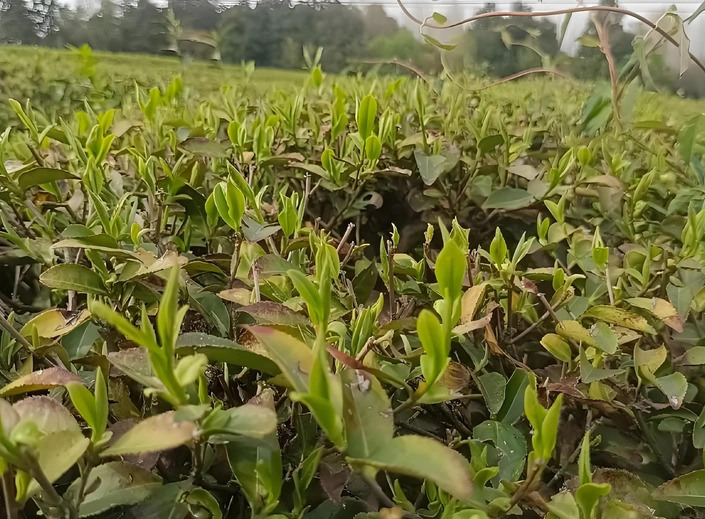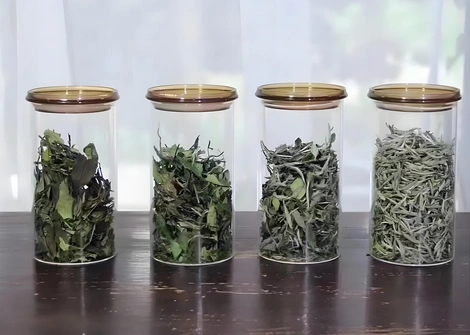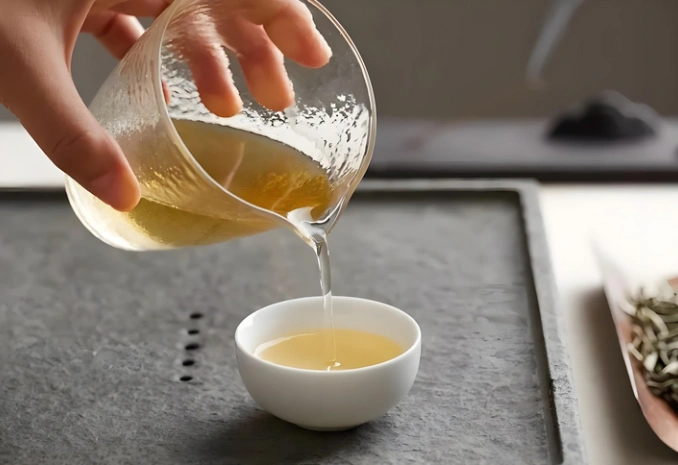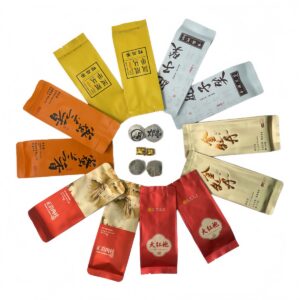white tea caffeine vs coffee is a question that sparks curiosity among tea and coffee lovers alike. Both beverages promise an energy boost, but their effects can feel worlds apart—one gentle and calming, the other bold and bracing. If you’ve ever wondered whether white tea could replace your morning latte or calm your afternoon slump, you’re in the right place.
In this article, we’ll compare caffeine content, explore the soothing synergy of L‑theanine in white tea, and consider white tea as coffee alternative for busy professionals. Along the way, we’ll share brewing tips and mindful rituals to help you tailor your perfect cup.
1. What’s in a Cup? Caffeine Basics Explained
Caffeine is a natural stimulant found in coffee beans, tea leaves, and even some nuts and seeds. It works by blocking adenosine receptors in the brain, keeping you alert and warding off fatigue. Yet, not all caffeine highs are created equal. Coffee delivers a rapid spike—great for a jolt before a meeting, but prone to crashes. White tea’s caffeine comes with a gentler release, thanks to its unique companion, L‑theanine.

2. White Tea Caffeine Content: Gentle Energy Unveiled
A standard 8‑ounce cup of white tea contains roughly 15–30 mg of caffeine, depending on the cultivar and brewing method. By contrast, the same volume of drip coffee packs 95–120 mg on average. This means you could sip two cups of white tea and still ingest less caffeine than a single cup of coffee. For those sensitive to stimulants, this lower dose can provide a clear‑headed lift without the jitters.
Key Point: White tea’s mild caffeine is ideal for sustained alertness rather than sudden spikes.
3. Coffee’s Kick: The Highs and Lows of Espresso & Drip
Coffee lovers adore the robust flavor and powerful kick of espresso or drip coffee: a single shot of espresso (1 oz) contains about 63 mg of caffeine, while an 8 oz latte may range from 75 to 150 mg. The downside? Rapid absorption can lead to palpitations, anxiety, and that infamous 3 pm crash. If you’ve ever felt your heart race after a strong brew, you understand why some people seek alternatives with a softer landing.
4. White Tea vs. Coffee: Alert Without the Jitters
When we compare white tea caffeine vs coffee, the difference lies not only in quantity but in experience. White tea’s caffeine is released more slowly, partly because its delicate leaves contain L‑theanine—a calming amino acid that promotes alpha brain waves, associated with relaxation and focus. A study by Juneja et al. (1999) demonstrated that L‑theanine increases alpha‑wave activity and reduces stress without drowsiness (Juneja et al., 1999; link). This synergy creates a “smooth buzz” rather than a roller‑coaster ride.

5. Beyond Caffeine: The L‑Theanine Advantage
L‑theanine, almost unique to tea, enhances GABA and dopamine production in the brain, supporting mood and cognitive function. While coffee can spike cortisol, white tea’s combo of caffeine and L‑theanine can actually reduce stress levels during demanding tasks. For writers, students, or anyone needing white tea for study focus, this blend encourages attentive calm.
6. White Tea as Coffee Alternative: A Workplace Ally
Office workers facing back‑to‑back meetings often turn to coffee, risking jittery nerves and afternoon crashes. White tea for office workers offers a smarter solution. Keep high‑quality loose‑leaf white tea at your desk, and brew a fresh pot at 175–185°F for 3–4 minutes. The ritual of steeping—measuring leaves, inhaling the soft aroma, and watching the pale liquor swirl—also provides a mindful pause to counteract stress.
7. Brewing Rituals: Extracting the Perfect Boost
To maximize both flavor and gentle stimulation:
- Measure Precisely: Use 2 g of leaves per 6 oz water.
- Control Temperature: 175–185°F preserves L‑theanine and prevents bitterness.
- Steep Time: 3–5 minutes—shorter for lighter caffeine, longer for fuller polyphenols.
- Multiple Infusions: Re‑steep leaves up to three times; each infusion offers a slightly different caffeine and flavor profile.
By adjusting these variables, you tailor your white tea caffeine content to any time of day.

🔗 To learn more about how to make tea, check out Tanbiwencha’s YouTube video explaining how to make tea.
8. Taste & Aroma: Sensory Stories of Tea vs Coffee
Coffee greets you with rich aroma and bold taste—chocolatey, nutty, or fruity depending on the roast. White tea, in contrast, whispers of honeyed florals, delicate melon, and fresh spring buds. This subtlety invites slow sipping and full sensory engagement, transforming your energy break into a mini‑retreat.
9. FAQs: Your White Tea Caffeine vs Coffee Questions
Q1: Can I replace all my coffee with white tea?
Yes—many people swap one or two daily coffees for white tea and still feel energized and focused.
Q2: Will I get addicted to white tea caffeine?
White tea’s lower caffeine reduces dependence risk; you can adjust steep times for less or more lift.
Q3: Is white tea decaf available?
Some vendors offer decaffeinated white tea, but you’ll miss the caffeine‑L‑theanine synergy.
10. Conclusion: Find Your Balanced Buzz
Choosing between coffee and white tea caffeine vs coffee isn’t just about numbers—it’s about how you want to feel. Do you crave a rush that can leave you shaky, or a gentle tide that carries you through tasks with calm focus? White tea, with its modest caffeine and soothing L‑theanine, offers a balanced buzz perfect for modern life. Brew your ideal cup, take a mindful pause, and discover the power of a gentler pick‑me‑up.



